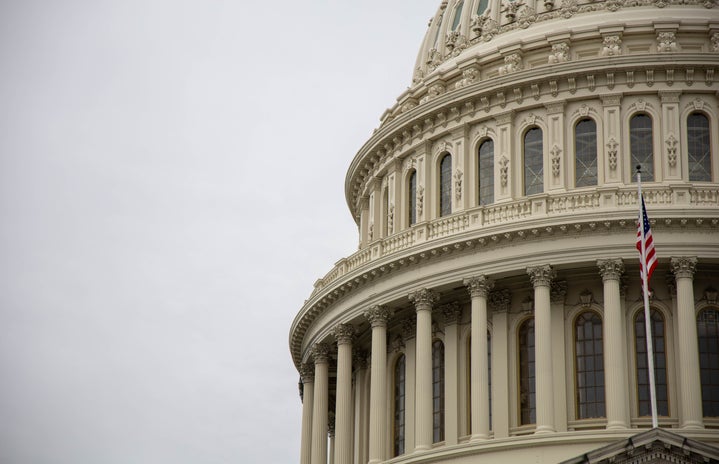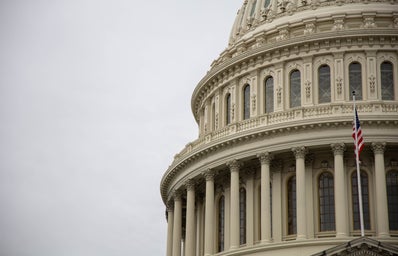Following the appearance of Republican presidential candidate Nikki Haley last weekend on Saturday Night Live, the media has seemingly borne down in its criticism, highlighting her awkwardness and overtly intentional self-aggrandizement. What could have been a comedic insight into Haley’s character, making her more relatable to viewers, was unquestionably received with a resounding eye-roll.
The entire scene seemed censored by Haley’s presence. When Kenan Thompson announced her as a ‘concerned South Carolina voter,’ the sketch made a dramatic shift from the expected political cold open to a propagandized promotion.
The most genuine thing in the exchange was host Ayo Edebiri’s contempt when questioning Haley about her avoidance when asked about the direct cause of the American Civil War at a town hall in December:
“What would you say was the main cause of the Civil War?”
“…and do you think it starts with an ‘s’ and ends with ‘lavery?”
Haley’s response:
“Yep, I probably should have said that the first time.”
It’s easy to criticize Haley for her stiffness and self-promotion, but the most important takeaway from her appearance is the unexpected sense of normalcy brought on by her inclusion. American politics have always been defined by theatrics, with SNL being a consistent platform for politicians, Republican or Democrat, to manage their image. Her awkward phrasing and appeals to the public have an odd sense of nostalgia – a callback to the state of politics before the 2016 election.
SNL’s political features seemed to taper off after then-presidential candidate Donald Trump was met with unprecedented backlash after being set to host in 2015. The divisiveness of the American public following his election seemed to warn executives to play it safe––that is, to avoid that genre of direct controversy.
Haley’s feature seems to send the same message. The sketch was centered around the controversies of Trump, touching on his recent legal disputes, age, and mental competency. Emphasis on the extreme nature of his politics and unending controversy made Haley appear as a straightforward middle-of-the-road option. In fact, there was basically no reference to Haley’s politics at all. Instead of making a comparison regarding their respective platforms, she presented herself only in relation to Trump as a less troubling option.
As we collectively roll our eyes at Haley, we are carrying on a decades long and recently passed-over tradition. One that compels politicians to subject themselves to scrutiny not of their policies or knowledge, but their ability to make us laugh. In Haley’s case, we are simultaneously laughing at her and with her. Nevertheless, she may be bringing us back to a warped form of bipartisan participation in politics.


